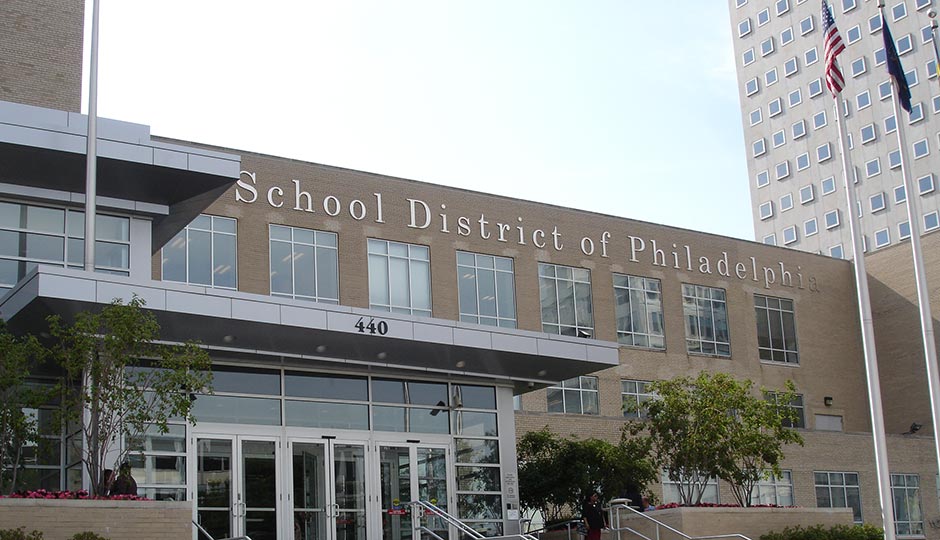Council: Why Did $1.3 Million for School Nurses Go Unspent?

Photo | It’s Our City via Flickr / Creative Commons
The Philadelphia School District has a modest fund balance this year, meaning for the first time in recent memory it spent less money than it budgeted.
But that’s the result of “bad savings,” Councilwoman Helen Gym said during City Council’s hearings on the District’s budget Tuesday. It’s not that the district just managed its money well; instead, it failed to spend budgeted money on basic services, Gym said. That includes a gap of $1.3 million budgeted but not spent on school nurses, $4 million on maintenance and repair, and $2 million on special education bus attendants. In all, the district saved $65 million through staff vacancies and deferred maintenance, Gym pointed out.
The district could take immediate action to start refilling those vacancies by staffing up its Office of Talent, Gym said. In response, Superintendent William Hite said the district is hoping to hire a “talent officer” to manage recruiting within the next week. But he said the district expects challenges in hiring teachers in science, math, languages, and special education. He asked Council members to consider hosting job fairs and recommending potential applicants to the district.
In his opening remarks, Hite acknowledged that although the district isn’t begging Council for an immediate influx of cash, it still doesn’t have what it needs to give students the education they deserve.
“Short-term stability should not be confused with adequacy or equity,” Hite said.
Gym also said that the district needs to end split-grade classrooms and provide an appropriate level of clean water access in schools. (She introduced a bill in Council last week to mandate a ratio of at least one water fountain per 100 students in the district.)
Along with School Reform Commission Chairwoman Marjorie Neff, Hite said that the district is hoping to convene all of its funders for a conversation on how to address the district’s structural deficit. Because of a projected increase in operating costs and the loss of some revenue, including a planned sunsetting of the cigarette tax, the district expects to be looking at a $600 million budget deficit at the end of its current five-year plan.
Council members wanted to know what they could to make arrangements for resolving the projected deficit. District officials made no specific requests, saying only that they want to have a conversation with Council, the administration and state officials about finding the right mix of funding for schools.
Councilman David Oh briefly discussed a proposal to expand pre-K classes, which the Kenney administration is hoping to pay for with a three-cent tax on sugary beverages. The administration wants to use the revenue from that tax — which, although the rate is not yet set in stone, is expected to decrease over time in any scenario — to help develop non-district providers of pre-K services. Would it make more sense to give some of the soda tax revenue to the district to expand pre-K instead, Oh asked?
Council President Darrell Clarke raised similar questions in an interview on 6 ABC’s Inside Story this past weekend. More on that to come. Council will continue discussion of the school district’s budget with public testimony starting Wednesday morning at 10 a.m.
Follow @JaredBrey on Twitter.